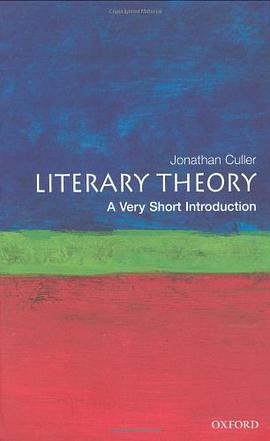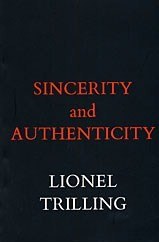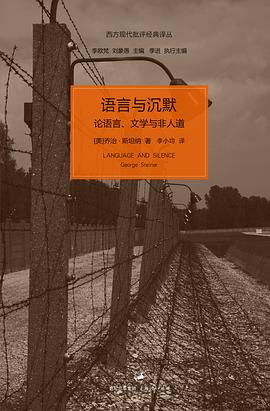Literary Theory 豆瓣
作者:
Jonathan Culler
Oxford Paperbacks
2000
- 2
What is Literary Theory? Is there a relationship between literature and culture? In fact, what is Literature, and does it matter? These are the sorts of questions addressed by Jonathan Culler in a book which steers a clear path through a subject which is often perceived to be impenetrable. It offers insights into theories about the nature of language and meaning, whether literature is a form of self-expression or a method of appeal to an audience, and outlines the ideas behind a number of different schools: deconstruction, semiotics, postcolonial theory, and structuralism amongst them.


